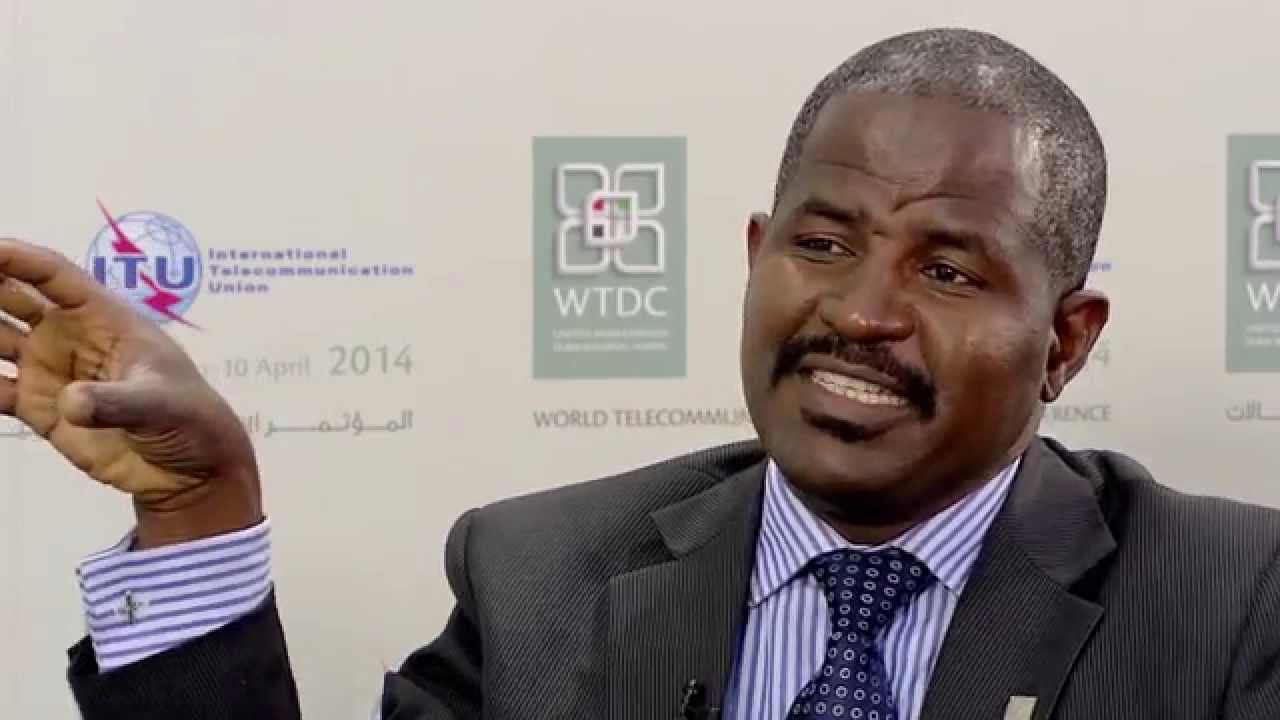A former Executive Vice Chairman/CEO of the Nigerian Communications Commission (NCC), Dr. Bashir Gwandu, has called on African representatives to the ITU’s World Radiocommunications Conference 2027 (WRC-27) to stand united in securing spectrum allocations critical for mobile connectivity in rural areas.
He made the call at the recently concluded Sub-Saharan Spectrum Management Conference 2024 in Nairobi, Kenya.
Dr. Gwandu, who spoke as an Independent Spectrum Expert, in his opening remarks, stressed the need for honest discussions among African nations to avoid internal conflicts that could weaken the continent’s position on the world stage.
“When we meet as a family, we must be honest with ourselves. We, as Africans, too often fight each other for the back seat, neglecting each other’s interests,” he said this while speaking on the 600MHz spectrum discussions.
- Olaopa emerges AAPSCOMS’ VP as Nigeria hosts confab in 2026
- Israel-Palestinian conflict: Tinubu to demand ceasefire at Arab-Islamic Summit
The expert, who played a key role in founding of the (African Telecommunications Union) ATU WRC coordination meetings, expressed disappointment that the continent’s focus on collaborative efforts was waning.
At the core of the discussions was the 600MHz (3GGP n71) band, a key frequency range that many countries worldwide are increasingly allocating for IMT to support 4G and 5G networks. While several nations in Regions 2 and 3, as well as some in ITU Region 1, have designated this band for mobile, some African countries are not yet ready to make the switch to co-primary allocation.
However, he stressed that African countries still not ready to adopt IMT in this band should not obstruct others that are ready to proceed. “The world is moving toward IMT in the 600 MHz band,” he said, noting that diverse regional needs mean different countries may proceed at varying paces.
As Africa faces a 50 per cent urban-to-rural connectivity gap and high energy costs, Gwandu argued that considerations and decisions must be flexible enough to support each country’s unique circumstances.
At the WRC-23 conference, a controversial decision allowed Egypt to move forward with its 600 MHz primary mobile allocation while Rwanda, Guinea, Benin, and Cameroon, blocked requests from 10 other African nations with similar aspirations.
Dr. Gwandu argued that this action went against the ATU’s rules, which state that when eight or more countries oppose a proposal, it should not receive recognition under the AFCP (African Common Proposals) framework. He pointed out that with 11 nations opposing the NOC (No Change) position, the ATU should have allowed those seeking the 600 MHz allocation to move forward.
The 10 countries that were blocked include Nigeria, Senegal, Mauritania, Libya, Chad, Gambia, Sudan, Namibia, Somalia, and Tanzania. Dr Gwandu posited that fighting for status quo to remain or ‘No Change’ in this case is akin to refusing an available front seat and fighting for a back seat.
The former CEO of the National Agency for Science and Engineering Infrastructure (NASENI) called on African countries to engage in positive dialogue, urging a spirit of unity and cooperation to optimize Africa’s position in international telecommunications. “Reasonable countries have always found solutions to accommodate the needs of their neighbours instead of blocking them,” he further said.
Dr. Gwandu emphasised that regulatory certainty and direction are crucial for industries planning infrastructure investments and that Africa should be proactive, not divided, in pursuing these objectives.

 Join Daily Trust WhatsApp Community For Quick Access To News and Happenings Around You.
Join Daily Trust WhatsApp Community For Quick Access To News and Happenings Around You.